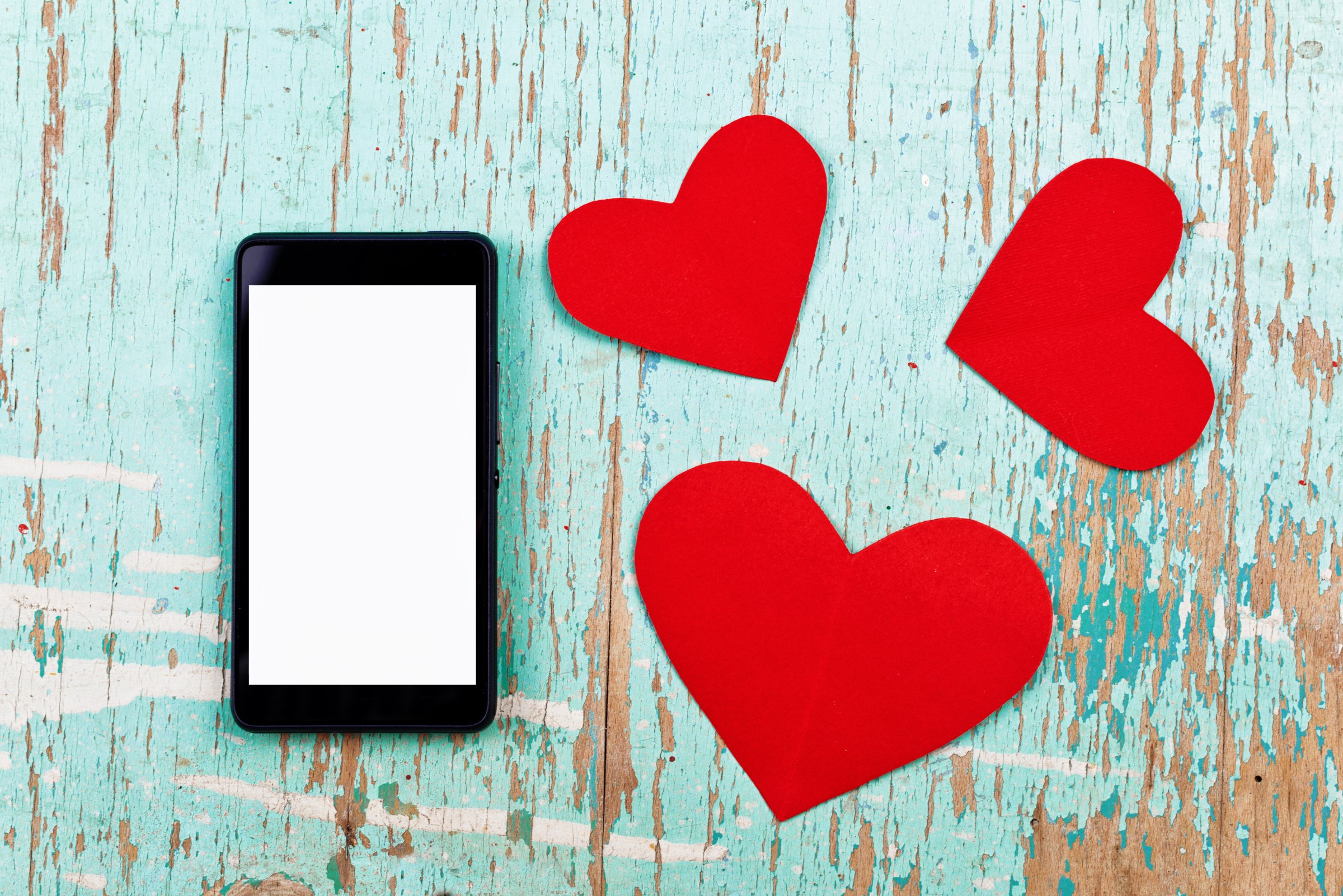
When online dating apps like Tinder and Grindr gained popularity, one group was left out of the right-swiping revolution: Queer women. LGBTQ-identifying girls had the option in most dating services to check the “woman looking for women” box, but the experience of traditional dating platforms didn’t always translate. Then HER came along.
Known as one of the most popular lesbian dating apps on the market, with over 2 million users in 55 countries, according to the company, HER offers a unique way for queer women to meet each other online. Unlike other sites, the platform offers a multitude of sexual and gender identities, all of which are displayed on a user’s profile. It also allows users to report profiles that are made by straight men or straight couples looking for a threesome, two common occurrences on apps not specific to queer people.
HER is revolutionary because it was designed specifically for queer women by a queer woman, Robyn Exton, who sat down with Motto to talk about the popular app.
Motto: Why did you see a need for a lesbian dating app?
Exton: Four years ago, the online dating industry was very different. At the time, I was looking at all these companies and thinking about what was happening in the straight world for dating. My friend was using Grindr all the time, other people were using apps like Tinder, and I thought, “This is ridiculous. Why does everyone else have these really cool things to use and there’s nothing for me and for my friends?”
The stuff that was [available to lesbians] was built for gay guys, and its marketing toward women felt fake. No one understood what LGBT life was like for women. The diverse, exciting queer community I was seeing at bars and events wasn’t available online. So I decided to do something about it.
How exactly did your project differ from other popular apps at the time?
When we launched our first app, Dattch, the key focus was to stop cis men from coming into queer spaces and ruining the experiences.
On other platforms, I used to get messages all the time like, “You haven’t met the right guy yet, let’s have a threesome.” What we found in our research of traditional dating products was that most of them were built by men. So the experiences can skew into patterns that work better for men.
How did Dattch turn into HER?
The way people see sexuality has changed a lot in the past four years — the idea of having a few defined sexualities doesn’t exist any more. Everyone’s sexualities were changing and evolving. We realized that we couldn’t be so specific with sexuality and even more so gender identity. Understanding all of this, we released HER at the end of February 2015. The key focus now was making it as easy as possible for women to meet each other, focused on starting conversations and creating a community.
HER offers a lot of different options for gender and sexual identity — what went into creating such an inclusive list?
Those lists are always changing. If there’s a new one that comes in, we will add it to the list. We want you to be able to express who you are. HER is the community it is because the people who come to it all have a sense of identity that is outside of the mainstream.
How has the app changed in the past few months, especially as the political climate has transformed?
The week of the inauguration we actually saw the largest amount of new profiles being created. There’s been so much dialogue about politics in the community, even between our team. When your community seems to be on the brink of direct threat, there’s a big push to re-engage with others who are like you.
More Must-Reads from TIME
- Cybersecurity Experts Are Sounding the Alarm on DOGE
- Meet the 2025 Women of the Year
- The Harsh Truth About Disability Inclusion
- Why Do More Young Adults Have Cancer?
- Colman Domingo Leads With Radical Love
- How to Get Better at Doing Things Alone
- Michelle Zauner Stares Down the Darkness
Contact us at letters@time.com